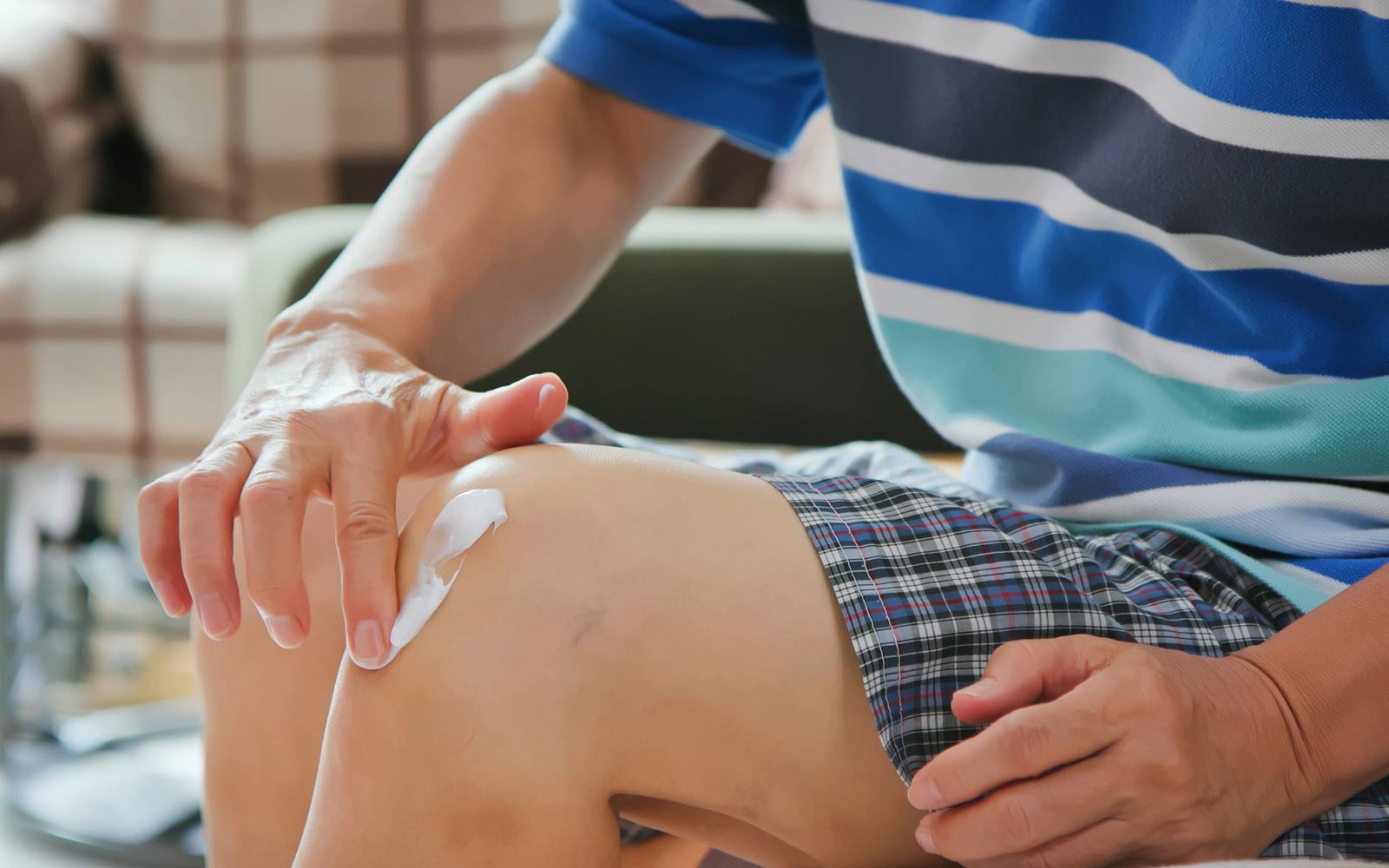All sorts of cuts, burns, bites and stings are bound to occur from time to time, so being equipped to deal with these instances swiftly and effectively can mean the difference between a minor injury healing up quickly or a far worse outcome.
It’s a good idea to keep a well-stocked first aid kit at home, as well as another kit in the car, in order to be properly prepared for any first aid situations when and where they happen. A well-stocked and properly organised first aid kit provides peace of mind.
Both your home and travel first aid kits should include topical antiseptic creams and powders, wound dressings and bandages in various sizes as well as some instruments and tools, such as tweezers, surgical scissors and a Medi Freeze Tick Off applicator (especially if you live in, or are going to, a tick prone area), in order to deal with common accidents.
Build a First Aid Kit
Almost everyone will need to use a first aid kit from time to time. While readymade kits are available, and can be a good starting point, building your own first aid kit that’s optimised for your own and your family’s needs is a far better option.
What is in a First Aid Kit?
A good first aid kit to keep at home should include:
-
Antiseptic cream, such as Medi Crème Antiseptic Cream
-
Antiseptic powder, such as Medi Pulv Antiseptic Powder
-
Adhesive tape
-
Wound dressings and bandages in several sizes
-
Surgical scissors
-
Tweezers
-
Wound care gel, such as Medi Gel
-
Anaesthetic spray or lotion for insect bites and rashes
-
Safety pins
-
Oral antihistamines for rashes, bites and stings
-
Medi Freeze Tick Off applicator (especially if you live in, or are going to, a tick prone area)
-
Thermometer
-
Disposable sterile gloves
Travel First Aid
Travel first aid kits to be kept in the car and taken on trips should be more comprehensive than home first aid kits because a pharmacy may not be accessible when travelling or away from home.
A travel first aid kit should include items to help alleviate symptoms of common colds and respiratory system infections as well as items to help deal with mild pain, gastrointestinal problems, allergies and skin infections.
If you regularly take any prescription medication, it’s a good idea to include an additional supply in your travel first aid kit before you travel, in case you lose or misplace your regular script.
Antiseptic Options and Wound Care
Antiseptic creams and powders are topical medications that are typically applied to cuts, scraps, burns and other minor wounds in order to prevent infection. They work by preventing the growth of microorganisms including bacteria, fungi and viruses on the skin’s surface.
When applied to a wound, antiseptic creams and powders can help to cleanse the area and prevent the growth of harmful bacteria, which can cause infection and delay the healing process. After applying the antiseptic and allowing it to dry, you can then apply a wound care gel if necessary.
Antiseptic Cream
Antiseptic creams such as Medi Creme Antiseptic Cream contain antimicrobial agents such as cetrimide, chlorhexidine and hexamidine that kill or inhibit the number of bacteria or other pathogens that could otherwise cause an infection at the wound site.
Always read the label and follow the directions for use.
Antiseptic Powder
Antiseptic powders such as Medi Pulv Antiseptic Powder work by killing or inhibiting the growth of bacteria and other microorganisms. They contain active ingredients such as chlorhexidine, hexamidine and allantoin that have antimicrobial properties.
The powder releases the active antimicrobial ingredients around the wound site. In addition to their antimicrobial properties, some antiseptic powders also have a drying effect, which can help to inhibit the growth of bacteria and other microbes that can otherwise thrive in moist environments.
Antiseptic powders can be used to help treat minor cuts, scrapes and superficial burns and scalds.
Always read the label and follow the directions for use.
Wound Care Gel
Wound care gels such as Medi Gel do not contain antimicrobial agents but instead form a protective barrier over the wound which can help to promote faster healing and can help prevent infections from occurring and potentially reduce the appearance of scarring. Apply after cleaning and disinfecting the wound with antiseptics.
Always read the label and follow the directions for use.
Medi Crème Antiseptic Cream
For cuts, burns, stings, and takes the pain out of sunburn
Medi Creme Antiseptic Cream is a dual action antiseptic designed as a first aid product for use on cuts, abrasions, mild sunburn, mild burns, and scalds. Medi Crème also provides relief for itching due to non-poisonous bites and stings.
Always read the label and follow the directions for use.
Medi Pulv Antiseptic Powder
Dry powder treatment for cuts, abrasions, burns and scalds
Medi Pulv is an antiseptic powder that provides dry, touch-free treatment for cuts, abrasions, superficial burns and scalds.
Keep dry touch Medi Pulv is your home and travel first aid kits – ready to provide first aid treatment when needed. Medi Pulv is your first choice for first aid.
Always read the label and follow the directions for use.
Medi Gel Wound Care Gel
Advanced wound care
Medi Gel Wound Care Gel forms a protective barrier for minor wounds including cuts, abrasions and scrapes, lacerations, chafed and cracked skin as well as minor burns and sunburn.
Medi Gel Wound Care Gel assists the wound healing process by maintaining ideal moisture and pH levels at the wound site.
4 in 1 wound care
1. Reduces the sensation of pain and discomfort
2. Helps prevent infection
3. Promotes faster wound healing
4. Reduces the appearance of scarring
Always read the label and follow the directions for use.


.jpg)
